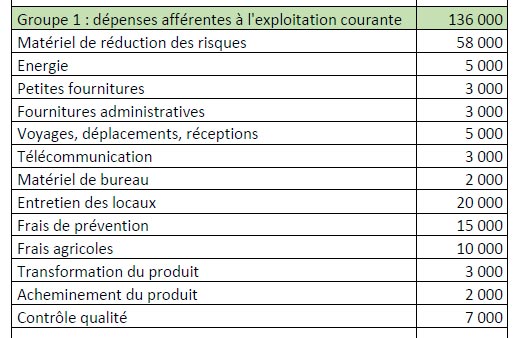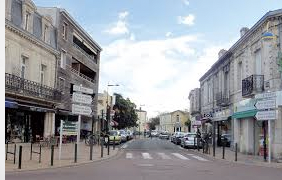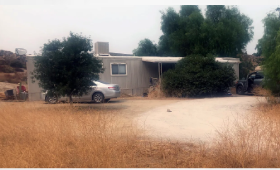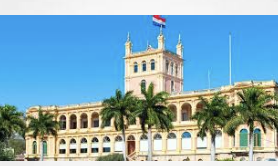The town of Bègles unveiled its experimental project for the legalisation of cannabis yesterday during a public meeting .
Based on the observation that traditional approaches to prohibition have failed to reduce cannabis consumption and the problems associated with it, such as trafficking and public health problems, the experiment proposes a triple approach focused on prevention, harm reduction and support for cannabis users.
It aims to fill the gaps in the current illegal market by establishing a regulated framework for the consumption and sale of cannabis. The project, compiled in a booklet , is guided by several key objectives:
- International perspective: Given changing attitudes towards cannabis around the world, the project aims to align with evolving international standards for cannabis legalisation, while respecting EU legislation on narcotics.
- National impact: With France experiencing high rates of cannabis consumption despite strict laws, the project aims to provide an alternative approach that reduces the negative consequences associated with prohibition.
- Local relevance: Bègles, located in a region with high levels of cannabis consumption, aims to become a pioneer in public health innovation by implementing a comprehensive strategy encompassing prevention, reduction of risks and community support.
An experiment like the Swiss pilot tests
The objectives of the project are ambitious: they aim to have a positive impact on the health of consumers, to reduce public nuisances associated with illicit drug markets, to reduce the burden on law enforcement and judicial systems, to stimulate economic opportunities in agriculture and improve the state’s fiscal outlook through tax revenues generated by legalised sales.
The experimental approach was meticulously developed based on international experiences, notably the Swiss approach to pilot testing , and expert consultations. It involves rigorous monitoring through several bodies, including a steering committee, a scientific council and a democratic monitoring committee, thus ensuring a democratic and inclusive decision-making process.
The controlled legalisation model proposed in Bègles is designed to address specific challenges observed in other countries where cannabis has been legalised, such as increased adult use and cases of poisoning from edible products. The project proposes to sell only cannabis flower (unlike the generalisation of medical cannabis in France) therefore excluding hash and stronger products such as extracts or less rapid-acting products such as edibles .
The prices of the products are not detailed but should be 10% lower than the illegal market sales average.
The experiment will be limited to 100 adults who already consume cannabis. It provides for dedicated premises of at least 100m², open 6 days a week, 7 hours a day, and production by private partners capable of cultivating cannabis. The maximum cultivation area is estimated at 600m². The cultivation method is not determined, the presentation of the experiment mentions open ground and a cultivation frequency of once a year. The number of plants to be planted should also not be more than 200 plants per 100 members. On the budget side, agricultural costs are estimated at €10,000, while in total, the cost of the experiment would amount to €672,250.

Expenses relating to current operations
The experiment would be evaluated each year, particularly on its attendance, the quantity of products purchased and the prevention actions carried out.
In order for the experiment to be carried out, national authorisation must be granted. It can be legislative (law or article of law) or regulatory (decree signed by the Council of State). To facilitate parliamentary work, the Bègles town hall is already proposing the text of the law to be adopted. She will submit her project to the President of the Republic and the Prime Minister in the hope of soon obtaining a law which will allow this experiment to be carried out.


















